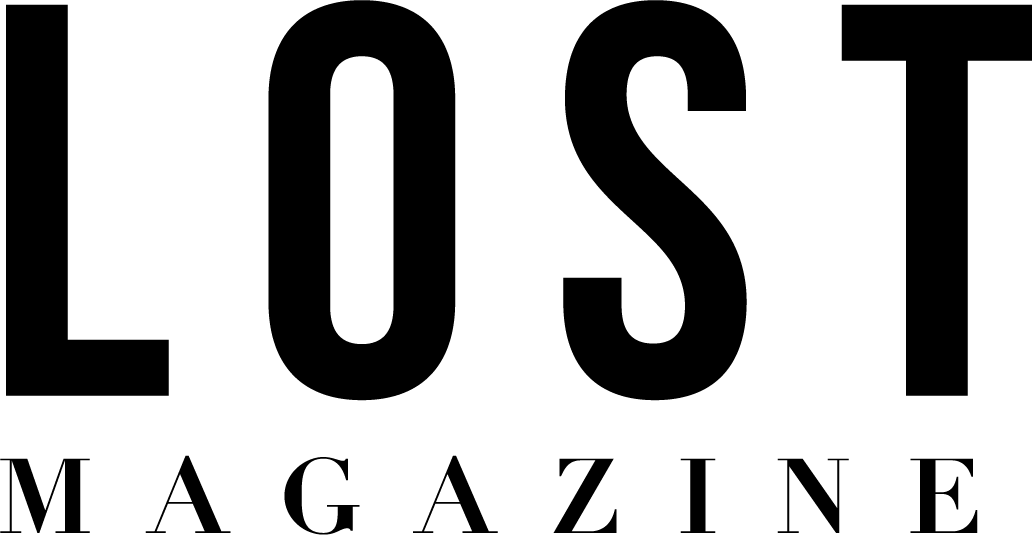Living Free
Story by Mahmood Fazal, Photos by @inkdfotogrfa.daylesford
Meg Ulman zips past my car on a bicycle with her Jack Russell, Zero, in the front basket and her son, Woody (Blackwood), on the back seat. “We've been car-free for 10 years. And the first day we got Zero, he was 11 weeks old and jumped straight into the basket.”
We met at the Daylesford Repair Cafe in Victoria park where Woody and her partner Patrick Jones repair bicycles for locals. They then weigh the fixed items as a reminder of how many kilograms they’ve stopped from going into land fill.
“They really want you to watch so they can teach you. So the skills stay in this area,” explains Meg, as Patrick pulls on a bike chain in front of chin-stroking locals. As a teacher, Meg facilitates the Daylesford Culture Club, the region's free monthly fermenting group. “I grew up in a bike riding family so I’ve always been on my bike with these two. But before all this I was living a pretty normal kind of existence; flying around on aeroplanes, shopping at supermarkets and not really thinking about the future or the state of the world,” explains Meg, as Zero speeds on to the oval.
Meg has lived in Daylesford with her partner Patrick for 14 years. “I've got an older sister who lives up here, they run Daylesford Organics. I just wanted to hang out with them. I was working online doing website content. So I thought I’ll try it out for a year - have laptop, will travel! And when I first moved to Daylesford, I got a job writing for Lost Magazine.”
Together, Meg Ulman and Patrick Jones, are known as the Artist As Family, a unique form of performance art, illustrating how we should live, get our food and move around; performing low-damage modes of life making. They live on a quarter-acre permaculture plot, home to the School of Applied Neo-peasantry at Tree Elbow University on Dja Dja Wurrung country.
Meg’s seemingly radical redirection of her life began with frustration, “I was angry,” she explains, smiling. “I was angry when I started to watch lots of docos about things that were happening; like The Corporation and The World According to Monsanto. And I realised I was living in this bubble.” As her thoughts wound her back to that time, Meg’s aura grows faint. “The really big shift happened during the federal election, when Howard took to the stage with an economy-driven policy. “He kept saying, number one; the economy will stay strong and I thought, why is he talking about the economy? What about the wellbeing of the people?” Woody runs over to us, in miniature Hard Yakka overalls that have clearly been worn for use. “I was looking for another way to live. Then I heard about permaculture and that one of the co-founders, David Holmgren, lives in Hepburn.”
David Holmgren defines permaculture as a “design system based on ecological principles that draws together the diverse skills and ways of living which need to be rediscovered and developed to empower us to move from being dependent consumers to becoming responsible producers.”
Meg lights up with passion, “There's another way to live; that is really positive, that is about enacting the change, living in the world that you want to see, living as though that world already exists. And it's about low consumerism, it's about doing everything for ourselves. It's about sharing. It's about making things from scratch. Not buying anything new.”
I asked about us everyday consumers, who want to make a difference but don’t know where to start. “We often talk about our bin liner moment. We were using plastic bags. We thought we don't need a bin liner anymore because we're not putting anything wet into that bin because all the wet stuff is going to a compost. And then it was like, ‘well, what do we actually put in this rubbish bin?’ There was a lot of hard plastics, milk bottles, juice bottles, a lot of those sorts of things. We thought, why don't we try to go without hard plastics? And then it was soft plastics. And then it was what else can we give up?”
Children have protested for their futures in the streets, Meg and Patrick are showing us why adults should lead the way—all it takes is a little faith in the soil we live off. “It feels really good to live within limits, because the world doesn't set limits for you. We live in a world that offers itself up, under the pretence of endless limits, endless choices and endless consumption. And that's not good for the planet. We need to set our own limits and say no.”
Artist As Family @artistasfamily theartistasfamily.blogspot.com



